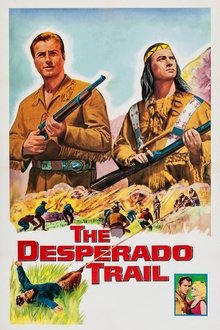In Apache territory, a supply Army column heads for the next fort, an ex-scout searches for the killer of his Native wife, and a housewife abandons her husband to rejoin her Apache lover's tribe.
Related Movies
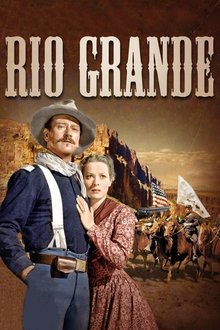
Rio Grande (1950)
Lt. Col. Kirby Yorke is posted on the Texas frontier to defend settlers against depredations of marauding Apaches. Col. Yorke is under considerable stress by a serious shortage of troops of his command. Tension is added when Yorke's son (whom he hasn't seen in fifteen years), Trooper Jeff Yorke, is one of 18 recruits sent to the regiment.
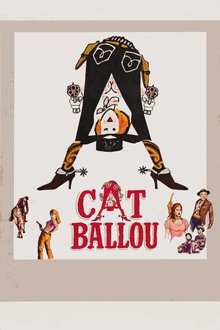
Cat Ballou (1965)
A woman seeking revenge for her murdered father hires a famous gunman, but he's very different from what she expects.
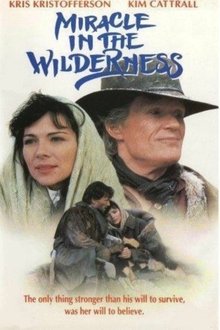
Miracle in the Wilderness (1991)
While being pursued by the U.S. Cavalry, Indians and the white family they have kidnapped learn about each other.

The Hawkline Monster (NaN)
Two unlikely hero gunslingers are hired by a 15-year-old girl named Magic Child to kill a monster living in the ice caves under the basement of a house inhabited by a young woman named Miss Hawkline, only for there to be more to the girl, the owner and the house than meets the eye.
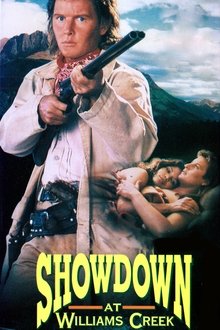
Showdown at Williams Creek (1991)
True story of a former British soldier on trial for murder in the 19th century Northwest.
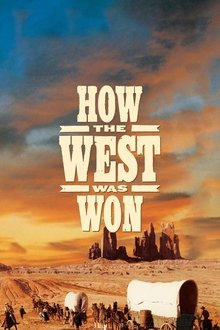
How the West Was Won (1962)
The epic tale of the development of the American West from the 1830s through the Civil War to the end of the century, as seen through the eyes of one pioneer family.
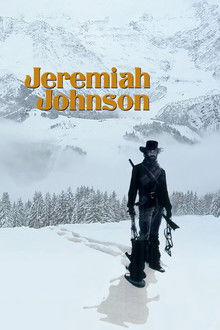
Jeremiah Johnson (1972)
A mountain man who wishes to live the life of a hermit becomes the unwilling object of a long vendetta by Indians when he proves to be the match of their warriors in one-to-one combat on the early frontier.
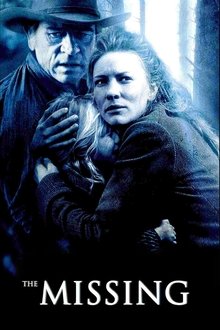
The Missing (2003)
When rancher and single mother of two Maggie Gilkeson sees her teenage daughter, Lily, kidnapped by Apache rebels, she reluctantly accepts the help of her estranged father, Samuel, in tracking down the kidnappers. Along the way, the two must learn to reconcile the past and work together if they are going to have any hope of getting Lily back before she is taken over the border and forced to become a prostitute.
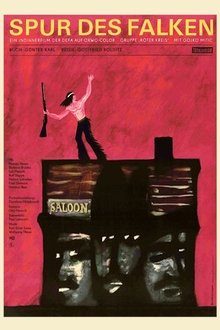
Trail of the Falcon (1968)
In the latter half of the 19th century, gold is discovered in the Black Hills, sacred land of the Lakota people. Gold diggers, profiteers and adventurers flock to the region. Among them is the hard-hearted land speculator Bludgeon, who tries to expel the Lakota using brutal methods. Lakota warriors retaliate, and soon the gold diggers' town becomes a battlefield.
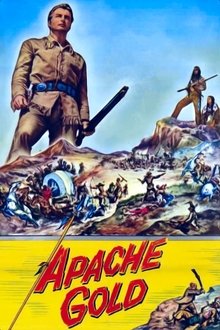
Apache Gold (1963)
The construction of the Great Western Railroad creates heavy conflict between the railway company and neighboring Indian tribes. Worse, criminal gang leader Santer sets his eyes on a gold mine located on holy Indian land and influences the construction supervisor to re-rout the planned railroad straight through Apache land. Old Shatterhand, who works as a measurement technician, discovers the evil plan and searches contact with the Apaches in an effort to avert war.
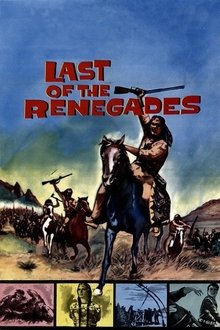
Last of the Renegades (1964)
Forester, a ruthless oil baron, wants to create a war between the native American tribes and the white men. Old Shatterhand, Winnetou and their sidekick Castlepool try to prevent this.
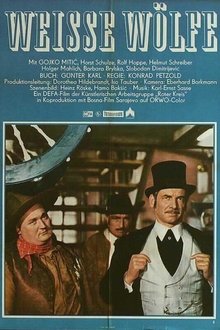
White Wolves (1969)
Farsighted Falcon, chief of the Lakota, seeks refuge in the Black Hills with his wife Blue Hair and two warriors, sole survivors of their tribe. When they are attacked by the outlaw Bashan, Falcon strikes out for the town of Tanglewood to take on Bashan's boss, mining magnate Harrington.
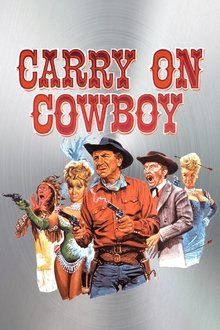
Carry On Cowboy (1965)
Stodge City is in the grip of the Rumpo Kid and his gang. Mistaken identity again takes a hand as a 'sanitary engineer' named Marshal P. Knutt is mistaken for a law marshal. Being the conscientious sort, Marshal tries to help the town get rid of Rumpo, and a showdown is inevitable. Marshal has two aids—revenge-seeking Annie Oakley and his sanitary expertise.
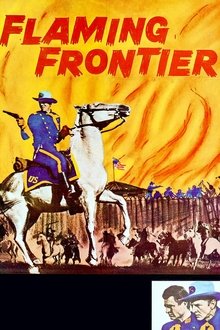
Flaming Frontier (1958)
Army officer whose parents are white and Indian tries to avert an Indian war.
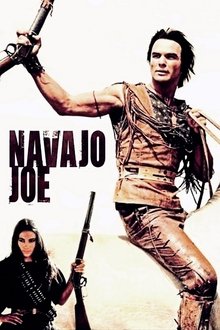
Navajo Joe (1966)
The sole survivor of a bloody massacre vows revenge on his attackers and on the men who killed his wife.
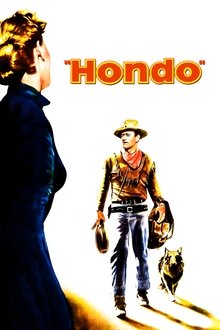
Hondo (1953)
Army despatch rider Hondo Lane discovers a woman and her son living in the midst of warring Apaches, and he becomes their protector.
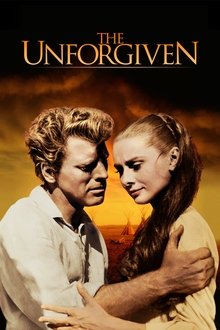
The Unforgiven (1960)
The neighbors of a frontier family turn on them when it is suspected that their beloved adopted daughter was stolen from the Kiowa tribe.
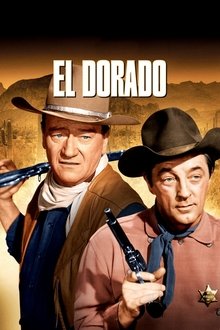
El Dorado (1966)
Cole Thornton, a gunfighter for hire, joins forces with an old friend, Sheriff J.P. Harrah. Together with a fighter and a gambler, they help a rancher and his family fight a rival rancher that is trying to steal their water.
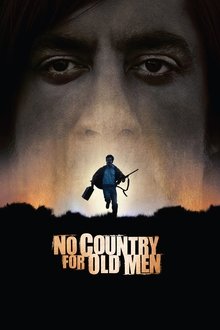
No Country for Old Men (2007)
Llewelyn Moss stumbles upon dead bodies, $2 million and a hoard of heroin in a Texas desert, but methodical killer Anton Chigurh comes looking for it, with local sheriff Ed Tom Bell hot on his trail. The roles of prey and predator blur as the violent pursuit of money and justice collide.
